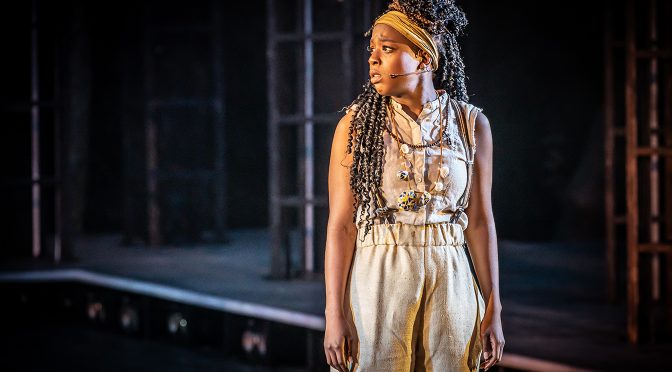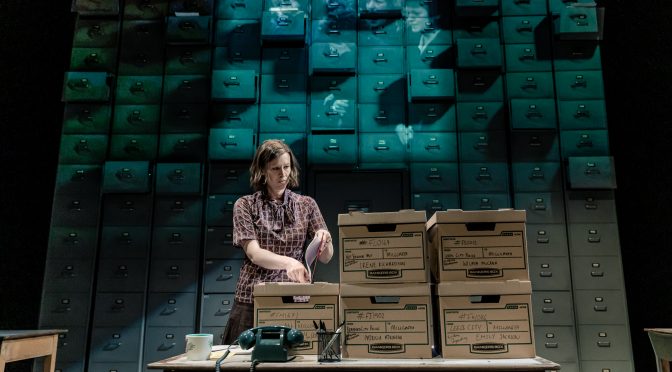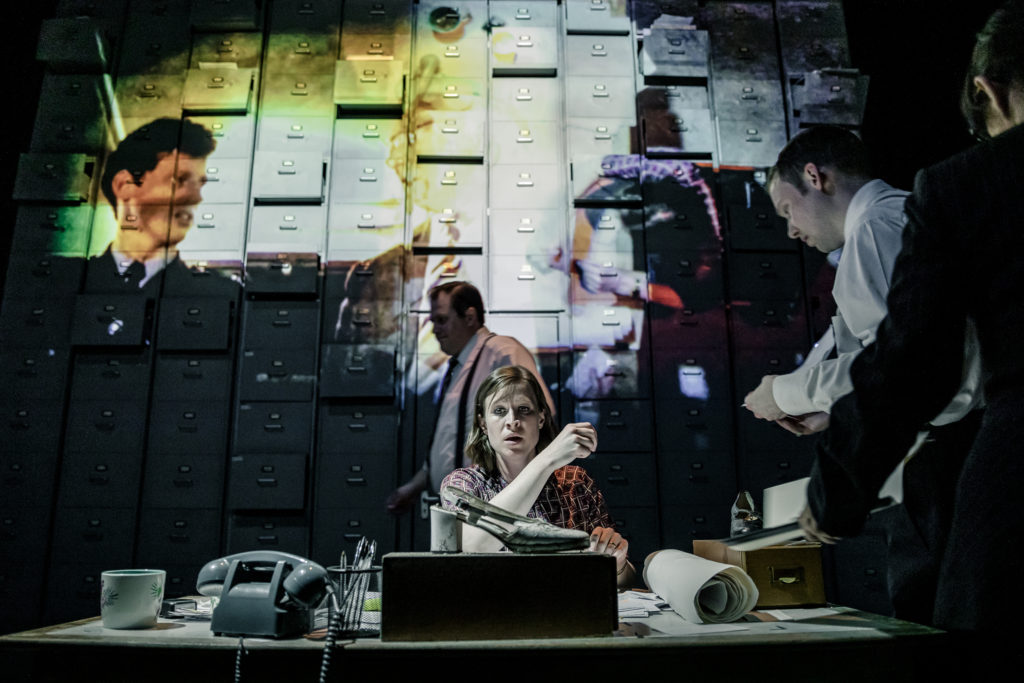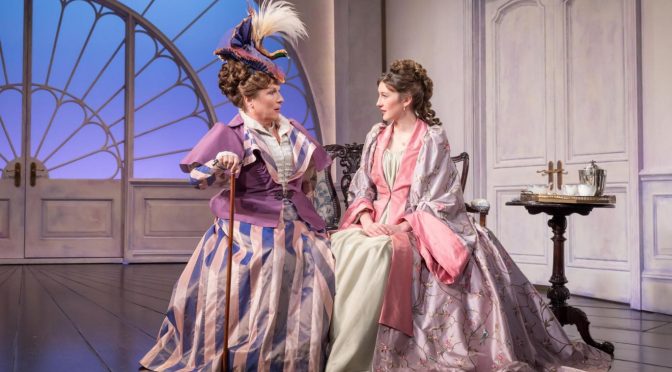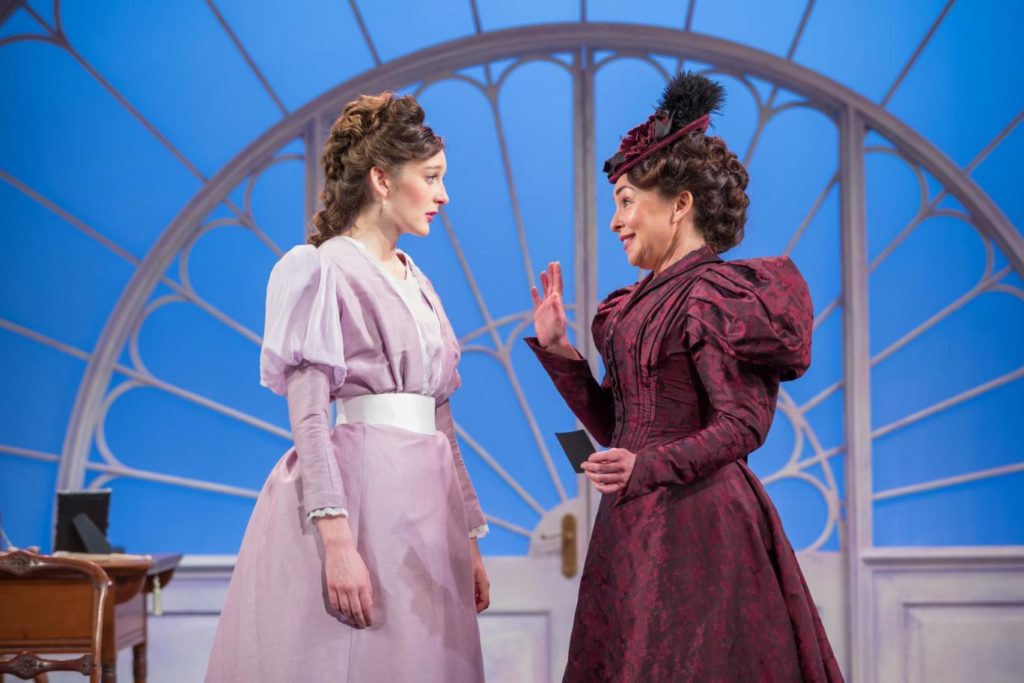Summer theatre is off to a great, if chilly, start with this intriguing show for children. A 1990 piece with book and lyrics by Lynn Ahrens and music from Stephen Flaherty there are problems with Once On This Island. But the ambition is stirring, this production strong, and the lead performance superb.
The story is a fable set on a Caribbean Island with a peasant girl called Ti Moune falling in love and sacrificing herself for the much richer, and paler, Daniel. Once On This Island is very much her story, which is welcome. And it hopes to address serious issues as Colourism, stemming from Colonialism, is the prejudice that prevents romance.
Behind the edifying aims though, Ahrens work is frustrating. Admittedly, the accents in this production don’t help – it’s a struggle to work out what is being said. But the action, while simple, is confused: a group of tourists as a framing device is a distraction, a potted history of the Island comes too late, and Daniel’s life (and his actual fiancé) are thinly sketched.
In fact, all the characters are slim. Ti Moune’s adoptive parents have little to say or do (a shame given strong performances from Chris Jarman and Natasha Magigi). Even the Gods Ti Moune makes a wager with are pedestrian. Ti Moune herself is only appealing because of a star performance from Gabrielle Brooks. Worst of all is Daniel (despite another great performance from Stephenson Ardern-Sodje) whose only big number surely offends all women including the one he is wooing! Daniel accepts his fate without question – which is original I suppose, maybe even realistic. But it is a mystery why Ti Moune is bothering with him.
The score is much better and very easy on the ear. It’s the music, rather than the lyrics, that provide all the emotion – romance, tension, and humour. And the music makes sure the show is entertaining. The cast responds with gusto.
Director Ola Ince has clear ideas making sure the action holds attention. Georgia Lowe’s design has surprises that belie its simplicity while Melissa Simon-Hartman costumes are a highlight. Brooks is the secret though – with a fantastically powerful voice that commands the whole auditorium her singing gives the show the sense of gravitas that it really wants.
Until 11 June 2023
Photos by Marc Brenner

